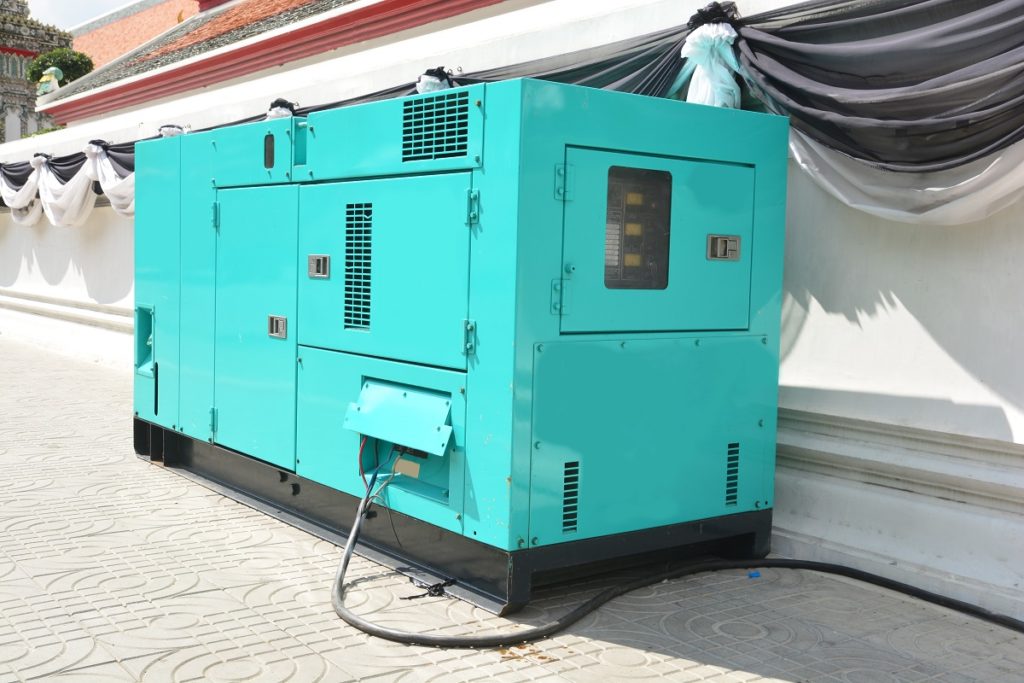Generators provide a steady source of electricity for homes, businesses, and cleanup and recovery efforts. They are especially useful in areas where the power connection is absent or unreliable. Used by everyone from off-grid homeowners and vacationers to construction personnel and relief workers, generators are indispensable machines used to power everyday life.
Whether you’re out camping with your family, pulling long hours at a construction site, or tiding over during a blackout, it is essential to follow a few safety guidelines to keep you and your family safe. While you can ask for help from professionals that provide electrical services, there will be times when you have to do things on your own.
1. Read the manual
The primary operator should read the accompanying manual and safety documentation. The user manual should contain operating instructions, machine limitations, and precautions for the benefit of the operator. Finally, pay attention to all warning labels on the unit.
2. Know your needs
Generators come in a wide variety of sizes and wattage. You should make a list of all the appliances, tools, and devices you intend to power with the generator. Neglecting to do this could lead to a generator overload, resulting in overheating or power failure.
3. Keep it away from water
If you want to avoid electrocution, the generator should be kept dry and away from possible sources of moisture. Do not use the generator if it’s raining, even if it’s been placed under an open tent or canopy. Similarly, do not attempt to power devices that have been exposed to moisture. Exposure to moisture or water can damage your generator, or worse, electrocute the people around it.
4. Arrange the cords properly
Do not place generator power cords along pathways as they carry a lot of electricity. If accidentally pulled, you can damage the cord and the power outlet. It could even lead to electrocution.
Keep the cords covered, and don’t forget to place warning signs around the area. And like the generator, you should always keep it dry.
5. Use in a well-ventilated area

Do not place a generator indoors, even if the space partially open. You should also position the generator away from entry points like vents, doors, and windows. The fumes emitted by the generator contain carbon monoxide, an odorless, invisible, and deadly gas. If you feel dizzy or weak while using a generator, you should immediately proceed to an open area away from the unit.
6. Turn it off and let it cool
Never refuel an empty generator while it is hot. Allow the machine to cool down after shutdown before refueling. Fuel inadvertently spilled around the generator could ignite.
7. Use proper fuel containers
Store petrol for the portable generator in approved petrol containers. Only use the fuel recommended by the user manual or indicated on the safety labels.
Generators provide a lifeline when the electricity goes out. But instead of making life easier for everyone, improper handling can make generators dangerous. These guidelines are put in place to prevent accidents from happening, and to allow everyone to enjoy the benefits of power without fear or danger.

